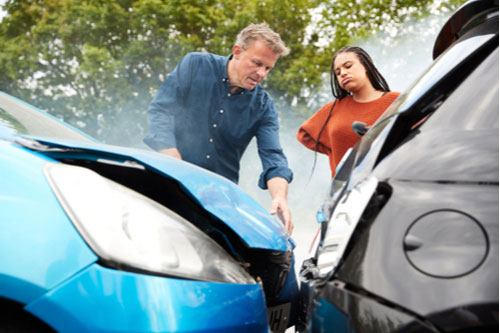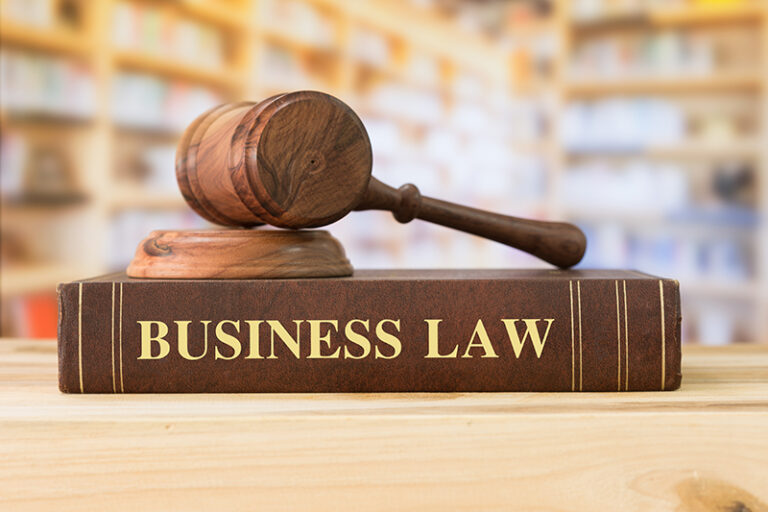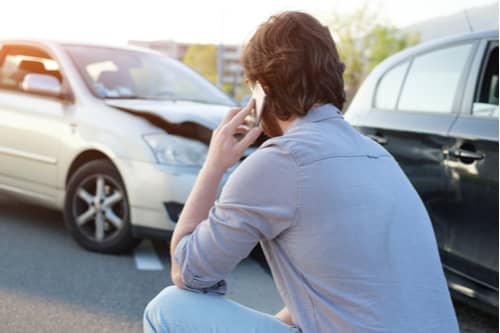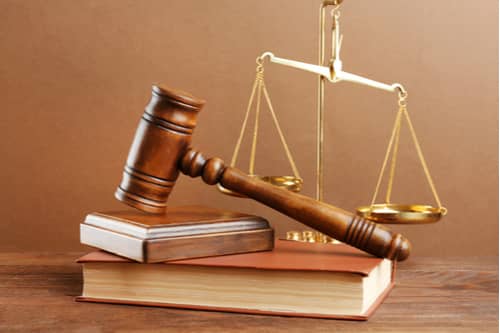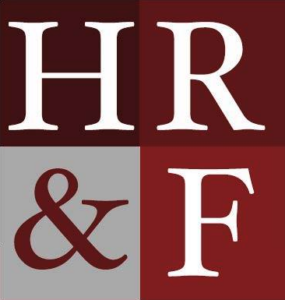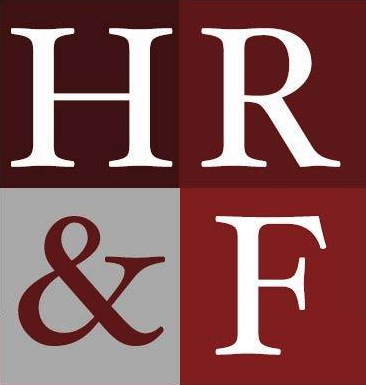- Car Accidents
An accident has adverse effects on the lives of those involved. Therefore, the at-fault party is liable to provide compensation. Fortunately, hiring a Douglasville car accident attorney makes the legal process more straightforward and effective.
However, your lawyer must first determine who is at fault before filing a compensation claim. This is more so if the crash involved multiple parties and liability is not immediately apparent. So, how is fault determined after an auto collision? Keep reading to find out.
A Douglasville Car Accident Attorney Explains How to Determine Fault in an Auto Accident
Georgia is an at-fault car accident state. Thus, the law requires auto drivers responsible for causing accidents to compensate the injured party.
This obligation requires the offending driver’s insurance company to pay for injury treatment and other damages. However, it will only be possible by establishing fault. Unfortunately, proving that the liable driver acted negligently is not always easy.
As mentioned earlier, in some instances, more than one driver may be at fault. So, you need to identify all possible liable parties and prove their liability to get maximum compensation.
There are simple rules that apply for determining fault in Georgia. We look at practical examples below:
- Where a driver breaks a traffic law and the other does not, the law-breaking motorist is at fault.
- If one driver is distracted while driving, it proves fault.
- Where a maintenance issue results in a car accident, the car’s driver or the auto repairer is most likely liable.
- In rear-end collisions, the driver behind is usually considered at fault as they seem to have driven “too closely” to the vehicle in front.
These examples reflect ideal situations where a little investigation is needed to establish fault. But, in contrast, there are scenarios where liability is not so direct. In such cases, your Douglasville car accident attorney will rely on the four elements of negligence to show fault.
We discuss what these four elements are below.
-
Existence of a Duty of Care
A duty of care implies that every driver should follow the traffic laws and act within reason to prevent harming other people on the road. All drivers don’t need to know each other. However, they must adhere to the duty of care when on the road.
Therefore, when a motorist runs a red light, the investigating agency will look to them first as the liable party. This is because they breached their duty of care by ignoring the traffic light.
-
Breach of Duty of Care
Breach of duty of care refers to proof of wrongdoing by a negligent driver. Essentially, it serves as evidence to establish whether a driver is at fault. Breach of duty includes driving under the influence of alcohol, entertaining distractions while behind the wheel, running a red light, tailgating, road rage, etc.
-
Causation of Accident and Injuries
Here’s where it usually gets tricky. You still need to prove that the breach of duty of care is a legal and direct cause of the accident. It means the at-fault driver’s negligent actions led to physical injuries and vehicle damages.
-
Actual Injuries, Damages, and Losses
By law, physical injury causing pain and suffering entitles victims to compensation. However, other forms of harm, like damage to property and financial loss, serve as grounds to file claims.
However, one central requirement is proving that the injuries, damages, and losses result directly from the car accident. This process involves accounting for present effects and not speculating for later implications of the accident. An at-fault driver will not be liable for speculative (or future) injuries, damages, and losses.
While the four elements of negligence are crucial for determining fault, they must be backed by evidence. Examples of the proof you need to prove liability are:
- Incident reports from the responding officers of a law enforcement agency, like the police.
- Oral and written statements from the drivers involved and possible witnesses on the scene.
- Real-time information from the crash site, like road marks, present weather conditions, date and time of the accident, and evident damages to vehicles or other properties. Also, the local traffic laws that safeguard the accident and nearby areas, such as speed limit, traffic directions, etc.
- Admittance of fault by one or more individuals involved in the accident, either by evidence or personal perception.
- The results of the investigation by claims adjusters from insurance companies.
- The testimony of expert witnesses.
Understanding the Definition of Fault in Georgia
Before filing a car accident claim, the essential thing is to carry out a thorough investigation. A detailed inquiry may lead to the following outcomes.
- The at-fault driver is entirely (or 100%) responsible for causing the auto accident. Accordingly, you get to receive maximum compensation.
- Both drivers may be partly responsible for the accident. For instance, if the guilty driver is 80% liable, you carry 20% of the blame. Thus, you qualify for 80% of the financial compensation, thereby forfeiting 20%.
So long as your liability in the accident claim is at most 49% or below, you can recover money from the other driver. However, if you’re at least 50% at fault, you will not receive any settlement under the comparative fault law of Georgia. Usually, the at-fault party’s insurance carrier will try to pin some of the blame on you.
If they succeed, you will get less or no compensation depending on your fault percentage. So, you need quality legal representation to help you get a settlement. Also, insurance companies often employ teams of sophisticated legal practitioners.
If you face these lawyers during negotiations, you might lose as they know all the tricks to apply to reduce their clients’ liability. Therefore, level the playing field by choosing a Douglasville car accident attorney at Hartley, Rowe, and Fowler, P.C.
Need Expert Legal Representation? Contact a Seasoned Douglasville Car Accident Attorney
No doubt being a victim of a car crash can be traumatic. In addition, the resulting interactions with the police, eyewitnesses, and insurance companies can add to your stress while trying to recover. You may even be uncertain whether or not you are at fault.
You might also be clueless about how to determine the negligence of some other parties involved. Then, you’ll want to employ an experienced Douglasville car accident attorney.
Our Georgia personal injury attorneys at Hartley, Rowe, and Fowler, P.C. provide ethical and cost-efficient legal aid. With aggressive and experienced representation, we will protect your rights, free you of liability, and get the maximum compensation. So contact us today for a free case evaluation and to learn more about our legal services.
